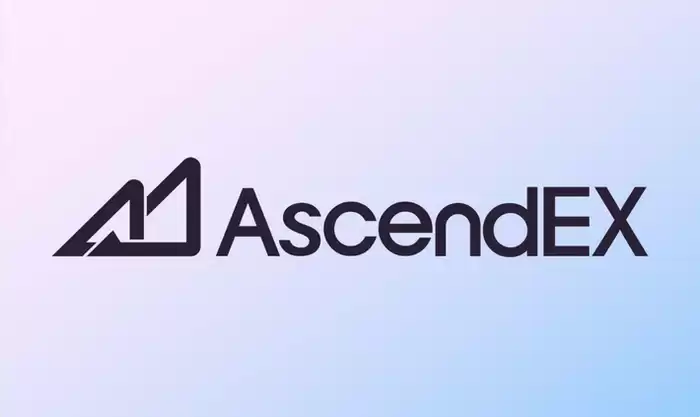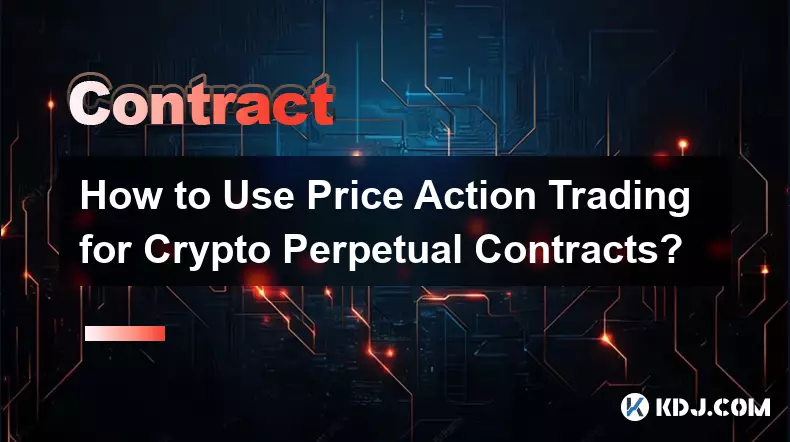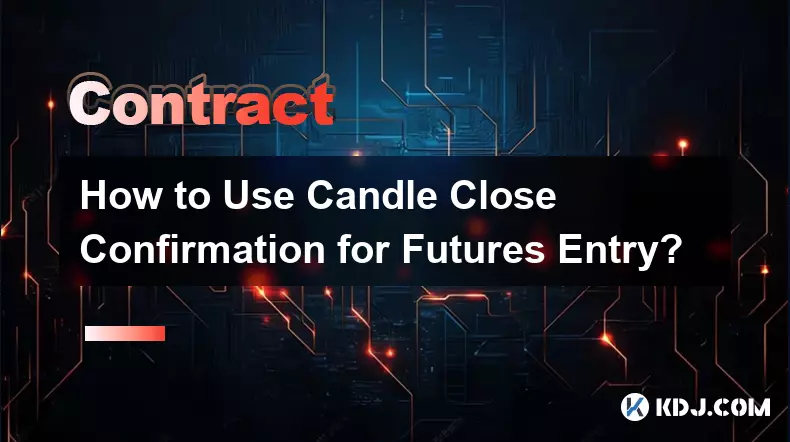-
 bitcoin
bitcoin $87959.907984 USD
1.34% -
 ethereum
ethereum $2920.497338 USD
3.04% -
 tether
tether $0.999775 USD
0.00% -
 xrp
xrp $2.237324 USD
8.12% -
 bnb
bnb $860.243768 USD
0.90% -
 solana
solana $138.089498 USD
5.43% -
 usd-coin
usd-coin $0.999807 USD
0.01% -
 tron
tron $0.272801 USD
-1.53% -
 dogecoin
dogecoin $0.150904 USD
2.96% -
 cardano
cardano $0.421635 USD
1.97% -
 hyperliquid
hyperliquid $32.152445 USD
2.23% -
 bitcoin-cash
bitcoin-cash $533.301069 USD
-1.94% -
 chainlink
chainlink $12.953417 USD
2.68% -
 unus-sed-leo
unus-sed-leo $9.535951 USD
0.73% -
 zcash
zcash $521.483386 USD
-2.87%
Tutorial on how to play AscendEX contracts
To start trading on AscendEX, create an account, fund it with cryptocurrency or card payment, choose a contract type (e.g., Bitcoin), place an order by selecting the buy/sell option and specifying quantity and price, and monitor and close the order when desired.
Nov 23, 2024 at 05:53 am

Introduction:AscendEX is a leading cryptocurrency exchange that offers a wide range of trading products, including perpetual contracts. Perpetual contracts are a type of derivative that allow traders to speculate on the future price of an underlying asset, such as Bitcoin or Ethereum. They are similar to futures contracts, but they do not have an expiration date and can be held indefinitely.
Step 1: Create an AscendEX AccountThe first step is to create an AscendEX account. You can do this by visiting the AscendEX website and clicking on the "Sign Up" button. You will need to provide your email address and create a password. Once you have created an account, you will need to verify your email address by clicking on the link in the confirmation email that AscendEX will send you.
Step 2: Fund Your AccountOnce you have verified your email address, you will need to fund your account. You can do this by depositing cryptocurrency or by using a credit card or debit card. To deposit cryptocurrency, click on the "Deposit" button and select the cryptocurrency that you want to deposit. You will then need to provide the address of your cryptocurrency wallet and the amount of cryptocurrency that you want to deposit. To deposit using a credit card or debit card, click on the "Buy Crypto" button and select the cryptocurrency that you want to buy. You will then need to provide your credit card or debit card information and the amount of cryptocurrency that you want to buy.
Step 3: Choose a ContractOnce you have funded your account, you need to choose a contract to trade. AscendEX offers a wide range of contracts, including Bitcoin, Ethereum, Litecoin, and XRP. To choose a contract, click on the "Contracts" tab and select the contract that you want to trade.
Step 4: Place an OrderOnce you have chosen a contract, you need to place an order. To place an order, click on the "Buy" or "Sell" button and enter the amount of the contract that you want to buy or sell. You will also need to specify the price at which you want to buy or sell the contract.
Step 5: Monitor Your OrderOnce you have placed an order, you can monitor its progress by clicking on the "Orders" tab. The Orders tab will show you the status of your order, including the price at which it was executed and the amount of profit or loss that you have made.
Step 6: Close Your OrderWhen you are ready to close your order, you can click on the "Close" button. The Close button will close your order at the current market price.
Tips for Trading AscendEX Contracts- Use a stop-loss order to protect your profits. A stop-loss order is an order that will automatically sell your contract if the price falls below a certain level. This can help you to limit your losses in the event of a sudden market downturn.
- Use a take-profit order to lock in your profits. A take-profit order is an order that will automatically sell your contract if the price rises above a certain level. This can help you to lock in your profits and prevent you from giving them back if the market reverses.
- Use a trailing stop-loss order to follow the market. A trailing stop-loss order is an order that will automatically move your stop-loss price as the market price moves in your favor. This can help you to protect your profits while still allowing you to ride out market fluctuations. For example: A stop-loss order is set at $20,000, and a 20% trailing stop loss is utilized. If the price of the asset rises to $25,000, the stop loss will automatically move to $22,000
- Be aware of the risks involved in trading contracts. Contracts are a leveraged product, which means that you can lose more money than you deposit. It is important to only trade with money that you can afford to lose.
Disclaimer:info@kdj.com
The information provided is not trading advice. kdj.com does not assume any responsibility for any investments made based on the information provided in this article. Cryptocurrencies are highly volatile and it is highly recommended that you invest with caution after thorough research!
If you believe that the content used on this website infringes your copyright, please contact us immediately (info@kdj.com) and we will delete it promptly.
- IREN Stock Takes a Wall Street Hit After Earnings Miss, But AI Pivot Sparks Fierce Debate
- 2026-02-07 01:05:02
- Wall Street, Tech Stocks, and Bitcoin: Navigating Volatility and Shifting Sands
- 2026-02-07 01:00:01
- Meme Coins Redux: Maxi Doge Flexes for 2026, Rewriting the Playbook for Digital Gold Rush
- 2026-02-07 00:55:01
- Bitcoin's Bearish Rebound: Crypto Fear Grips Market Amidst ETF Outflows and Meme Coin Frenzy
- 2026-02-06 22:30:02
- Ms. Rachel Controversy Highlights Complexities of Antisemitism, Anti-Zionism, and Bigotry Online
- 2026-02-06 22:30:02
- A Royal Ruckus Down Under: Queen Elizabeth II Coin Portrait Stirs Debate in Australia
- 2026-02-06 22:25:01
Related knowledge

How to Use Price Action Trading for Crypto Perpetual Contracts?
Feb 06,2026 at 03:20pm
Understanding Price Action Fundamentals1. Price action trading relies entirely on raw market data—candlestick formations, support and resistance level...

How to Manage Emotions and "Revenge Trading" in Futures?
Feb 05,2026 at 12:19am
Understanding Emotional Triggers in Futures Markets1. Market volatility directly impacts psychological states, often amplifying fear or euphoria based...

How to Use Candle Close Confirmation for Futures Entry?
Feb 05,2026 at 04:20pm
Understanding Candle Close Confirmation1. A candle close confirmation occurs when the final price of a candlestick settles beyond a predefined level, ...

How to Master "Position Sizing" to Prevent Total Account Wipeout?
Feb 06,2026 at 12:00am
Market Volatility Patterns1. Bitcoin price swings often exceed 10% within a 24-hour window during high-liquidity events such as ETF approval announcem...

How to Analyze Market Sentiment Using the Fear and Greed Index?
Feb 05,2026 at 07:40am
Understanding the Fear and Greed Index1. The Fear and Greed Index is a composite metric designed to quantify prevailing emotional states among cryptoc...

How to Secure Your Futures Account with Anti-Phishing Codes?
Feb 05,2026 at 08:40pm
Understanding Anti-Phishing Codes in Crypto Futures Trading1. Anti-phishing codes are unique alphanumeric strings generated by futures exchanges to au...

How to Use Price Action Trading for Crypto Perpetual Contracts?
Feb 06,2026 at 03:20pm
Understanding Price Action Fundamentals1. Price action trading relies entirely on raw market data—candlestick formations, support and resistance level...

How to Manage Emotions and "Revenge Trading" in Futures?
Feb 05,2026 at 12:19am
Understanding Emotional Triggers in Futures Markets1. Market volatility directly impacts psychological states, often amplifying fear or euphoria based...

How to Use Candle Close Confirmation for Futures Entry?
Feb 05,2026 at 04:20pm
Understanding Candle Close Confirmation1. A candle close confirmation occurs when the final price of a candlestick settles beyond a predefined level, ...

How to Master "Position Sizing" to Prevent Total Account Wipeout?
Feb 06,2026 at 12:00am
Market Volatility Patterns1. Bitcoin price swings often exceed 10% within a 24-hour window during high-liquidity events such as ETF approval announcem...

How to Analyze Market Sentiment Using the Fear and Greed Index?
Feb 05,2026 at 07:40am
Understanding the Fear and Greed Index1. The Fear and Greed Index is a composite metric designed to quantify prevailing emotional states among cryptoc...

How to Secure Your Futures Account with Anti-Phishing Codes?
Feb 05,2026 at 08:40pm
Understanding Anti-Phishing Codes in Crypto Futures Trading1. Anti-phishing codes are unique alphanumeric strings generated by futures exchanges to au...
See all articles










































































